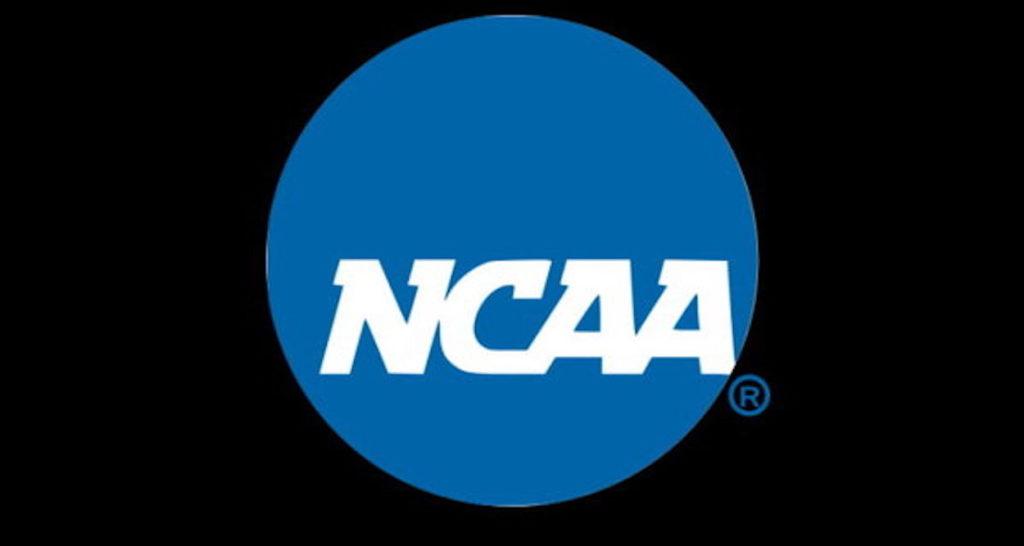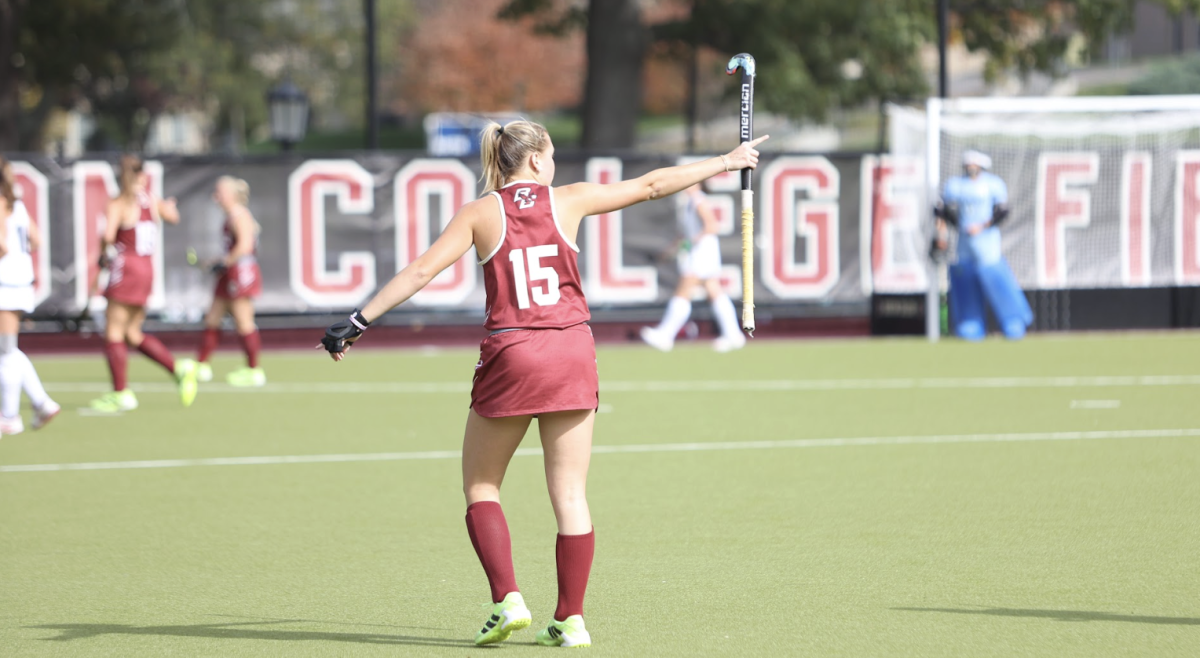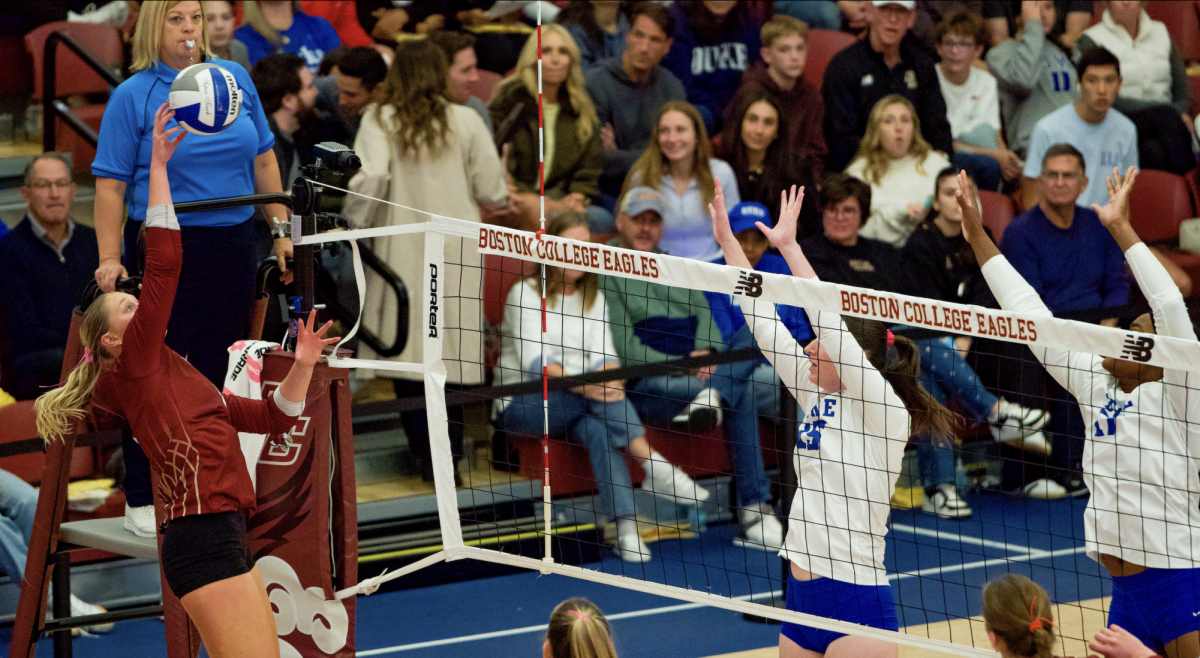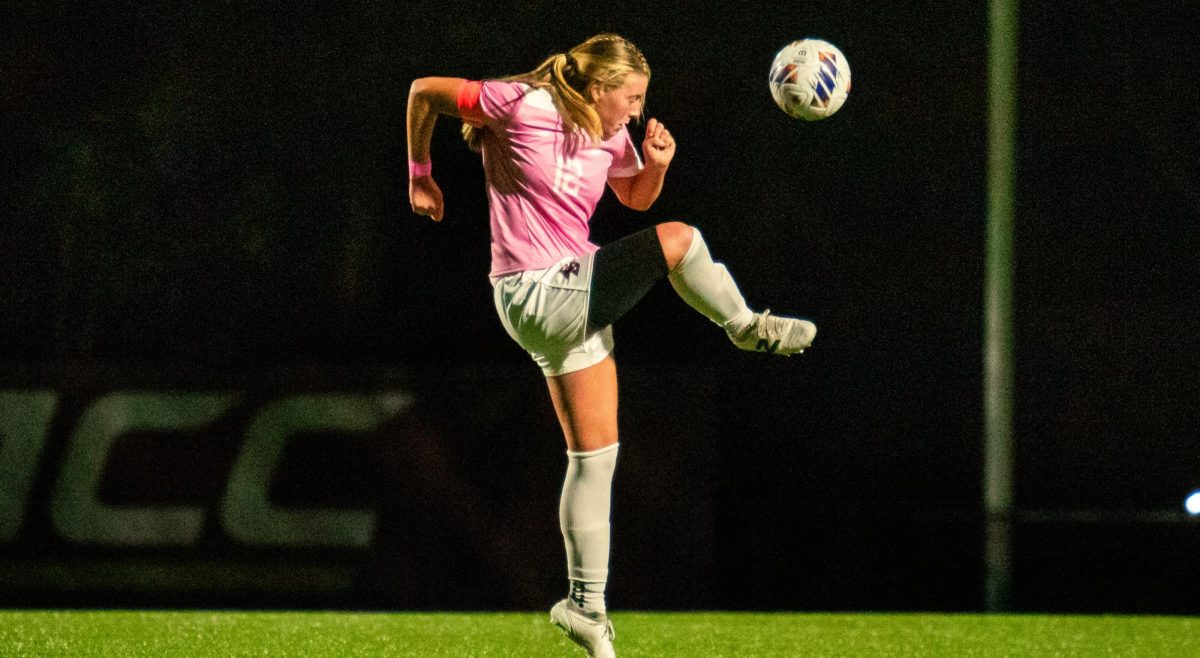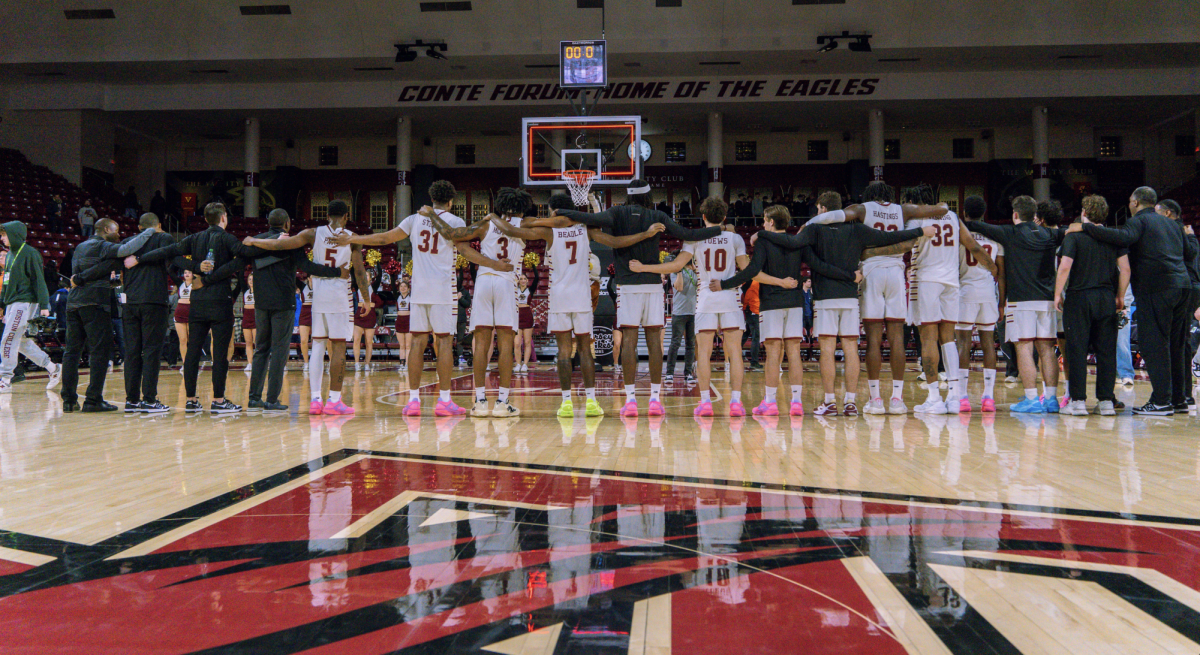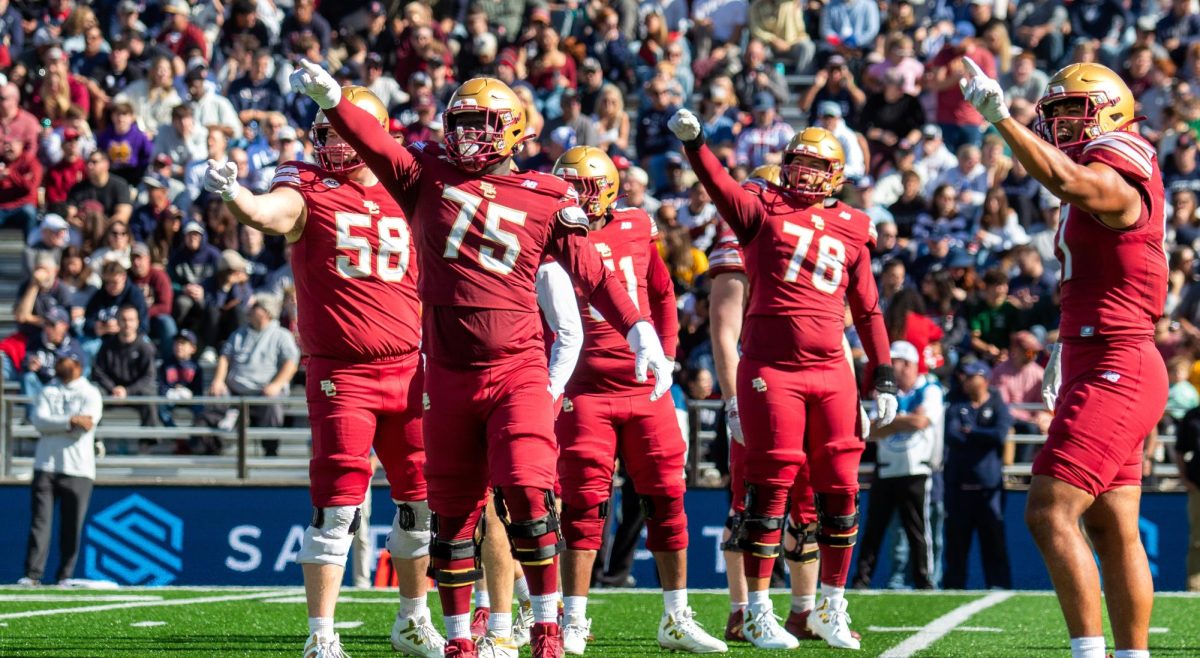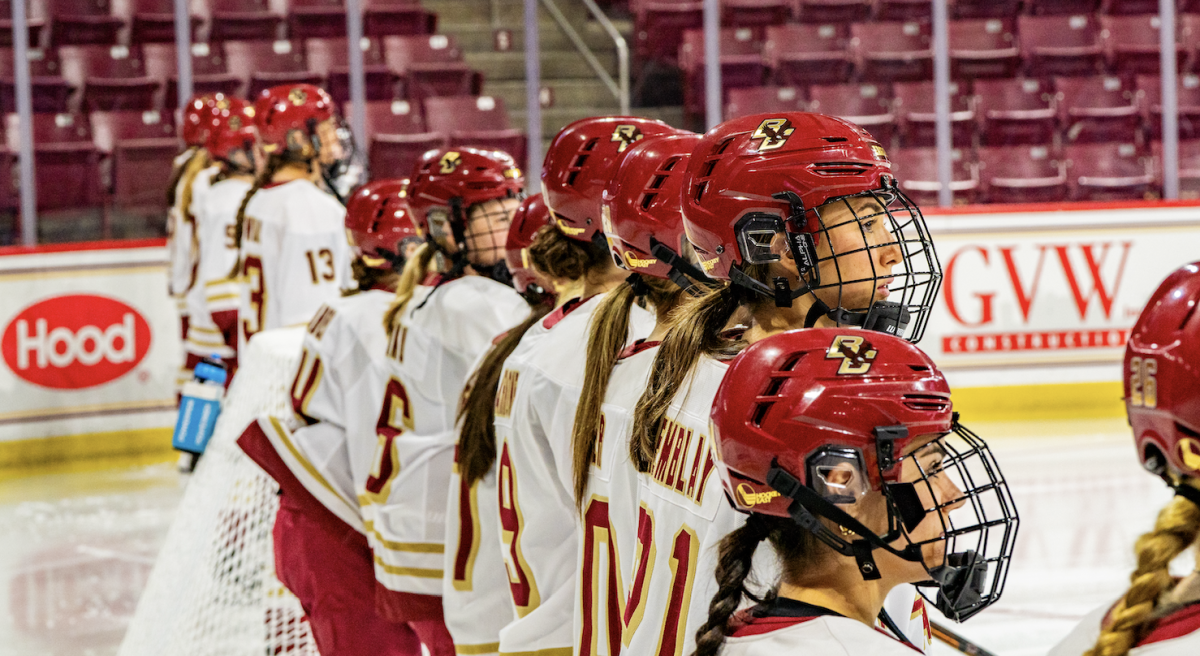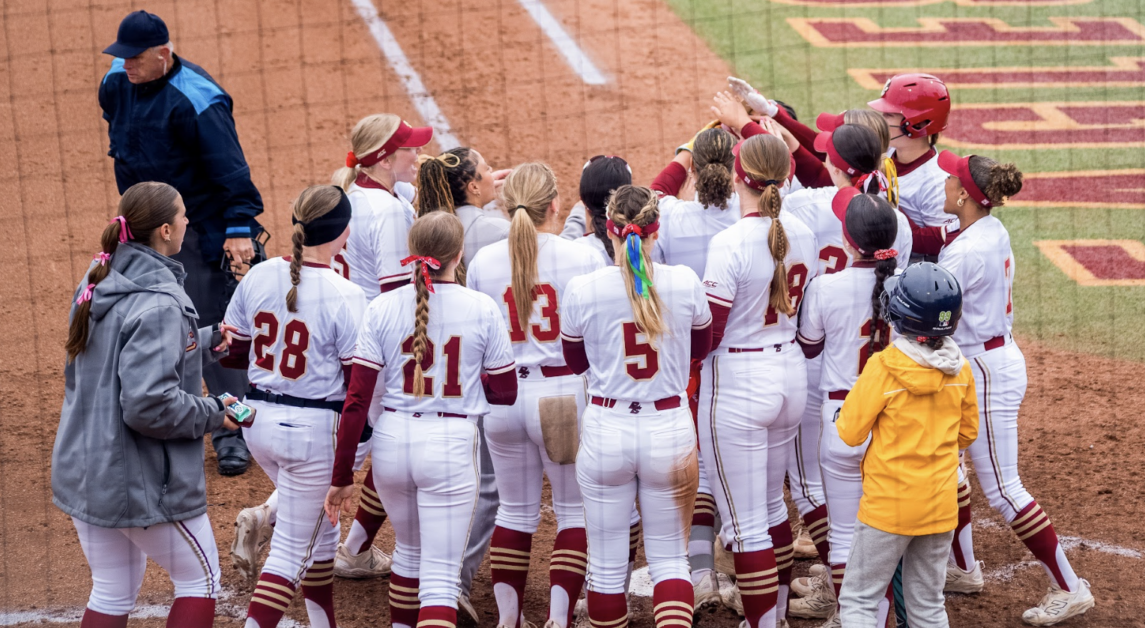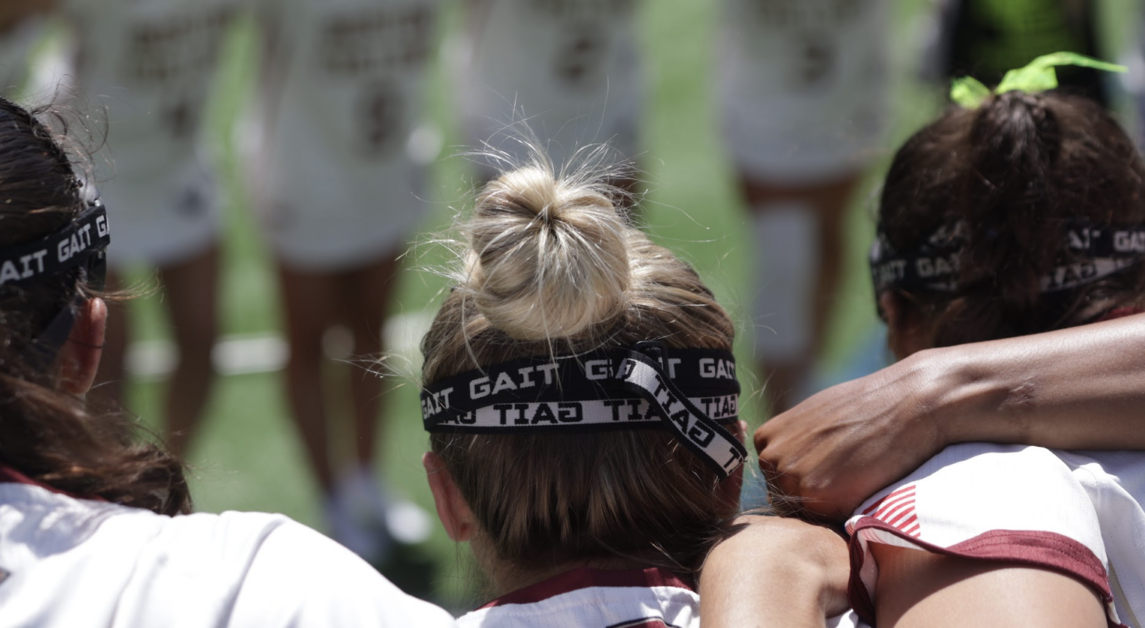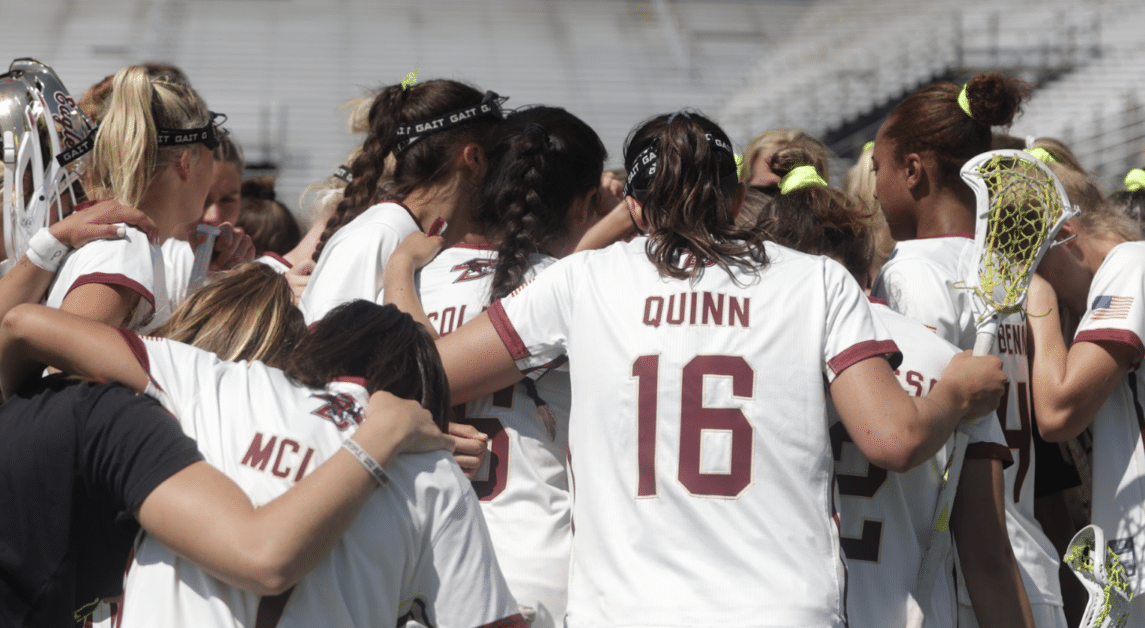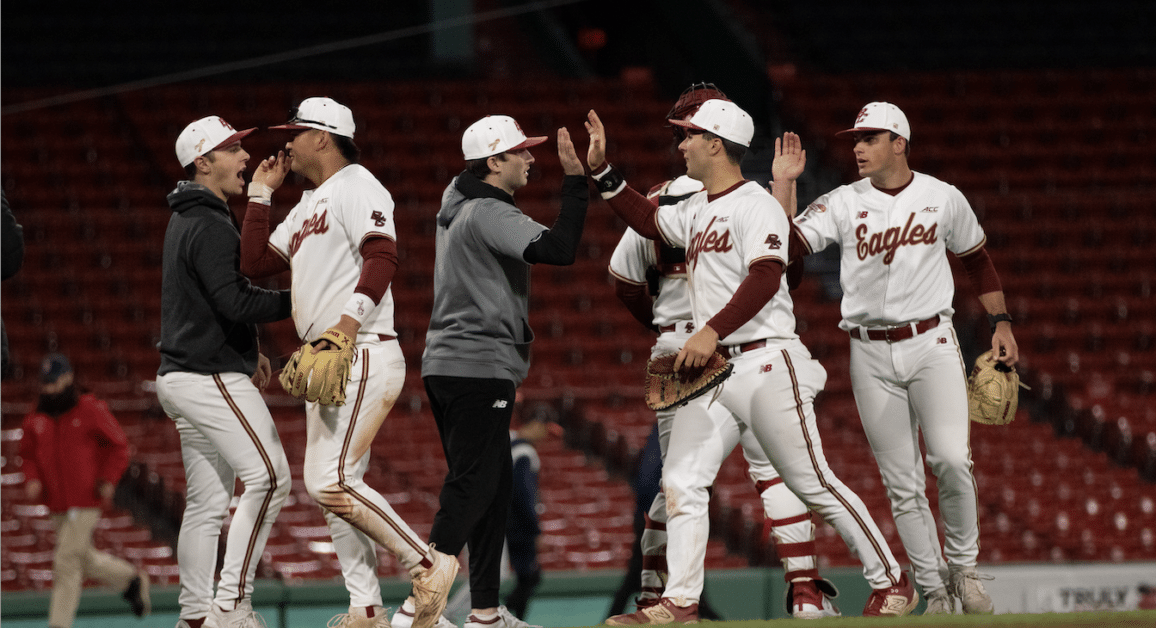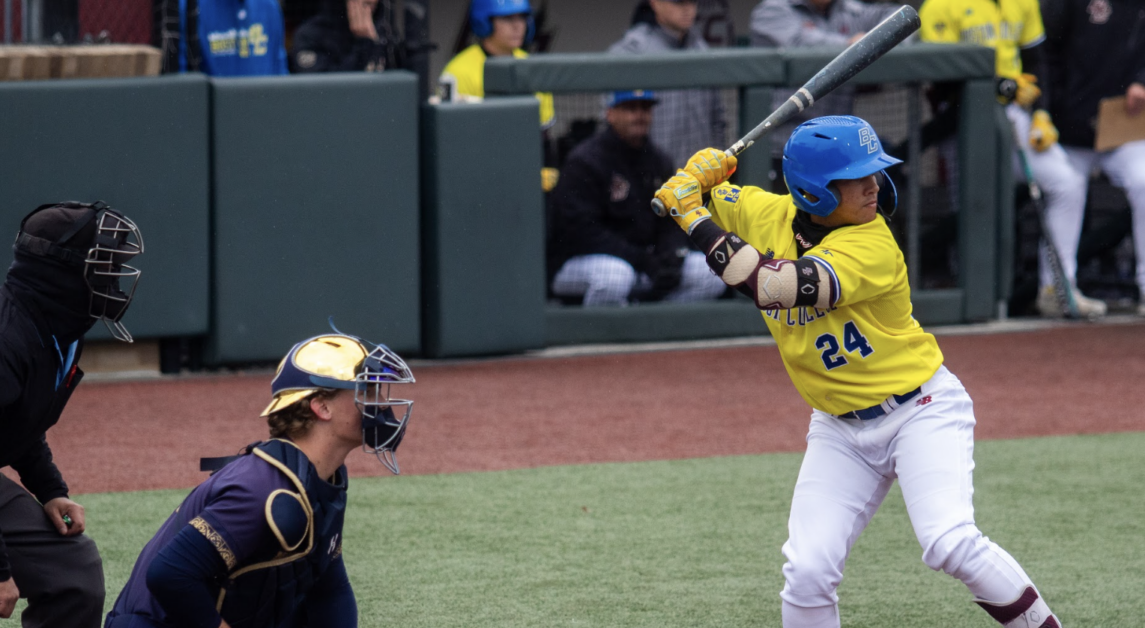The NCAA Division I Council voted on Monday to extend its eligibility waiver to all spring athletes. Sports impacted by the decision at Boston College include softball, baseball, track and field, golf, tennis, lacrosse, and rowing.
Because seniors who would’ve finished their final year of eligibility this season have the ability to return, the NCAA determined that scholarships can be expanded from their typical caps in order to accommodate the larger volume of athletes, including returning seniors and incoming freshmen, per ESPN.
The council also determined that baseball—the only spring sport with a roster cap—will have the roster cap eliminated so that this year’s seniors can return without impacting incoming freshmen.
The NCAA, however, left the decision of whether to maintain or decrease the scholarship amount of returning seniors up to the individual universities and sports. As incoming freshmen were intended to take up the scholarships of graduating seniors, their return for a final season presses athletic departments to decide how to allocate scholarship funds.
“The council’s decision gives individual schools the flexibility to make decisions at a campus level,” said Division I Council chair M. Grace Calhoun, athletic director at the University of Pennsylvania to ESPN. “The board of governors encouraged conferences and schools to take action in the best interest of student-athletes and their communities, and now schools have the opportunity to do that.”
The financial-aid flexibility only applies to athletes for whom the 2020 season would’ve been their final year of eligibility, meaning that schools cannot alter the scholarship status of other students to make room.
With the possibility of decreasing returning seniors’ financial aid, athletes and their families will have to determine if another year of college athletics is worth the expense of an unexpected fifth year of payment.
The NCAA, which usually supplies universities across the country with around $600 million in funding for athletics yearly, also announced that such funding will be decreased due to the cancellation of revenue drivers such as March Madness. The allocated funding is now $225 million, less than half of what is usually distributed.
Colleges and Universities will have to make some tough financial decisions in order to best recoup their losses as a result of the coronavirus pandemic.
“They’re going to have high costs because they sent their students away, but they still have all of their costs,”
said NCAA president Mark Emmert in a statement. “They’re not going to have any revenue from their endowments because of the crash of the stock market. The revenue from the tournaments isn’t going to be there, and the revenue from us is unlikely to be as big as it has been in the past.”

